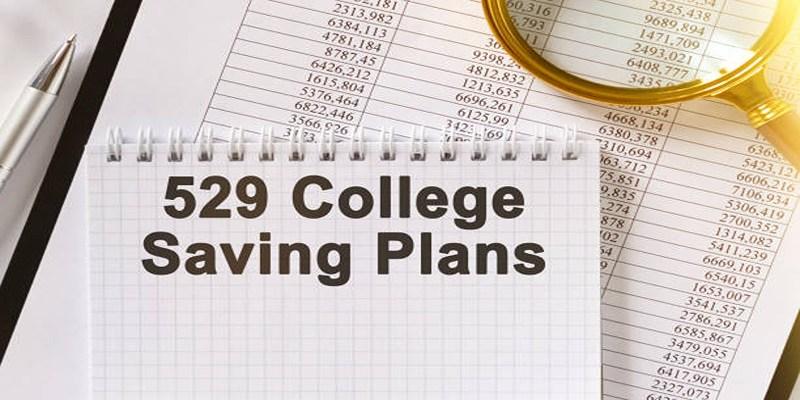Have you ever wondered where the money really goes when you "deposit" it into a bank? The answer is simple: into a deposit account. Deposit accounts are the backbone of the everyday banking system, offering a secure place to store your money and funds. What makes deposit accounts so special is not just security but also the financial flexibility they offer.
Common types of deposit accounts include checking accounts, savings accounts, certificates of deposit, and money market accounts, each serving a distinct purpose and offering its own benefits. Whether you want to pay a bill or aim to save money, a deposit account is all you need. But, before having one, learn more about deposit accounts and how to choose the right one here!

A deposit account is a type of financial account that banks and credit unions commonly offer. It helps you store the money and manage transactions. At banks, the money in deposit accounts is insured by the Federal Deposit Insurance Corporation. At credit unions, the National Credit Union Administration offers similar protection. It means your money stays safe no matter what. Additionally, your money in deposit accounts remains accessible and grows over time.
When you open a deposit account, you place money into it. You can place money through cash, checks, or transfers. The bank then records this balance under your name. You can add more funds at any time, and you can also withdraw money. Some accounts let you make unlimited transactions. However, others have set limits. The bank pays you interest for keeping your money.

There are different types of deposit accounts; let’s discuss them below:
If you want to keep your money safe and earn interest on your balance, a savings account is the best choice for you. People often use it to save for short-term goals. Saving accounts are also commonly used to build an emergency fund. These accounts are beginner-friendly because many do not require a large deposit to open. Some also have no minimum balance requirements. Most savings accounts provide a limit on the number of free withdrawals or transfers. You will be charged a fee if you exceed the limit. If you are interested in saving more, the auto process will help you grow your savings steadily over time without requiring any additional effort.
A checking account is another type of deposit account. These accounts allow for daily money management. It enables consumers to access money easily. Most people use checking accounts to pay bills, buy, and manage expenses. The significant benefit of the checking account is that there are no limitations. You can transact your money, and you will never face any problem. It is the best option for those who frequently deal with money in and out. Checking accounts typically do not earn interest. Some banks offer account options that earn interest. Overall, a checking account is a good way to manage current expenses.
A money market account is similar to a savings account and a checking account. It pays a higher interest than a savings account. Additionally, the money market offers limited access to your funds. Money market accounts are ideal for longer-term savings opportunities. It has higher requirements, which you must meet. You need a higher opening deposit. Because of this, money market accounts are more suitable for individuals with larger deposits. Many people use money market accounts to save for medium-term goals, such as purchasing a car and other similar purposes. They offer all three goals: security, growth, and convenience.
A certificate of deposit is another option for a savings account. With this account, you agree to keep your money in the account during a specific period of time, called a term. It can be short or long. In return, the bank offers a set interest rate. A longer term pays a higher amount of interest. They are considered safe because you know how much interest you will earn. However, if you withdraw any money before the term ends, you will incur penalties. CDs typically work well only when your savings goal aligns with the term's time frame.
To choose the right deposit account, you should:
Banks and credit unions often offer additional services in conjunction with deposit accounts. Let's discuss them below:
Deposit accounts are a secure and simple way to manage your finances. You can choose deposit accounts based on your needs. Each type is slightly different; for example, checking accounts are for day-to-day transactions. Savings accounts are typically designed for savings purposes, as they earn interest with limited access to withdrawals. Money market accounts earn interest at a higher rate than savings accounts and offer some flexibility in spending. In contrast, CDs are fixed for a set time and produce the highest returns.
 TOP
TOP
Essential retirement planning strategies with age-based benchmarks to secure your financial future and achieve your unique goals.
 TOP
TOP
Explore how 529 plans can support education at trade and vocational schools, offering flexibility and financial aid options.
 TOP
TOP
How 529 plans offer tax-free education savings, minimal financial aid impact, and key advantages for covering college costs.
 TOP
TOP
How to choose the best 529 plan with tips on tax benefits, investment options, and maximizing savings for your child's education.
 TOP
TOP
How the SAVE plan transforms student loan repayment with lower payments, interest protection, and faster forgiveness.
 TOP
TOP
Explore Los Angeles with our insider's guide. Discover landmarks, beaches, culture, neighborhoods, shopping, and entertainment
 TOP
TOP
Explore Sicily villa rentals with comfort and charm. Enjoy beaches, culture, and authentic Italian living on your escape
 TOP
TOP
Explore family-friendly vacationing in Bar Harbor with Acadia hikes, kid activities, waterfront fun, dining, and lodging options
 TOP
TOP
A parent’s guide to understanding, detecting, and managing bone tumors in children.
 TOP
TOP
Can't afford closing costs? First-time buyers: discover strategies, assistance programs, and negotiation tips to cover fees
 TOP
TOP
Prepare for the Annapurna Circuit with essential tips on training, gear, and safety to ensure an unforgettable Himalayan adventure.
 TOP
TOP
Top hiking trails near Denver, from stunning red rocks to serene alpine lakes. Plan your adventure in Colorado's breathtaking landscapes today!